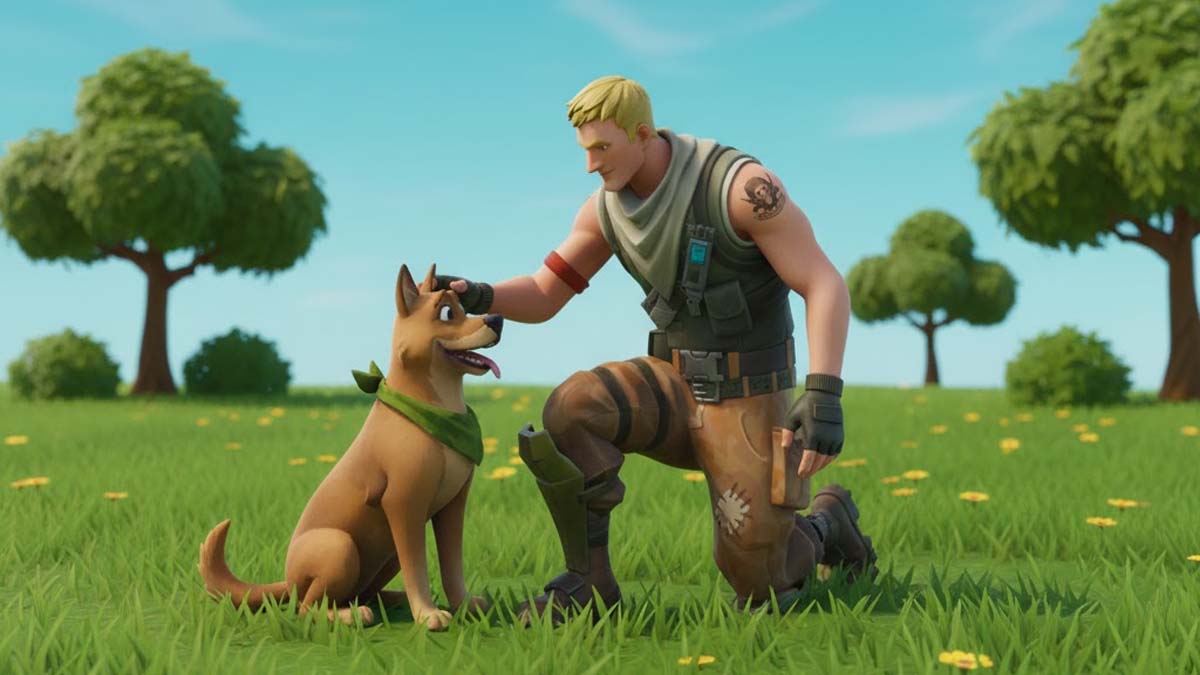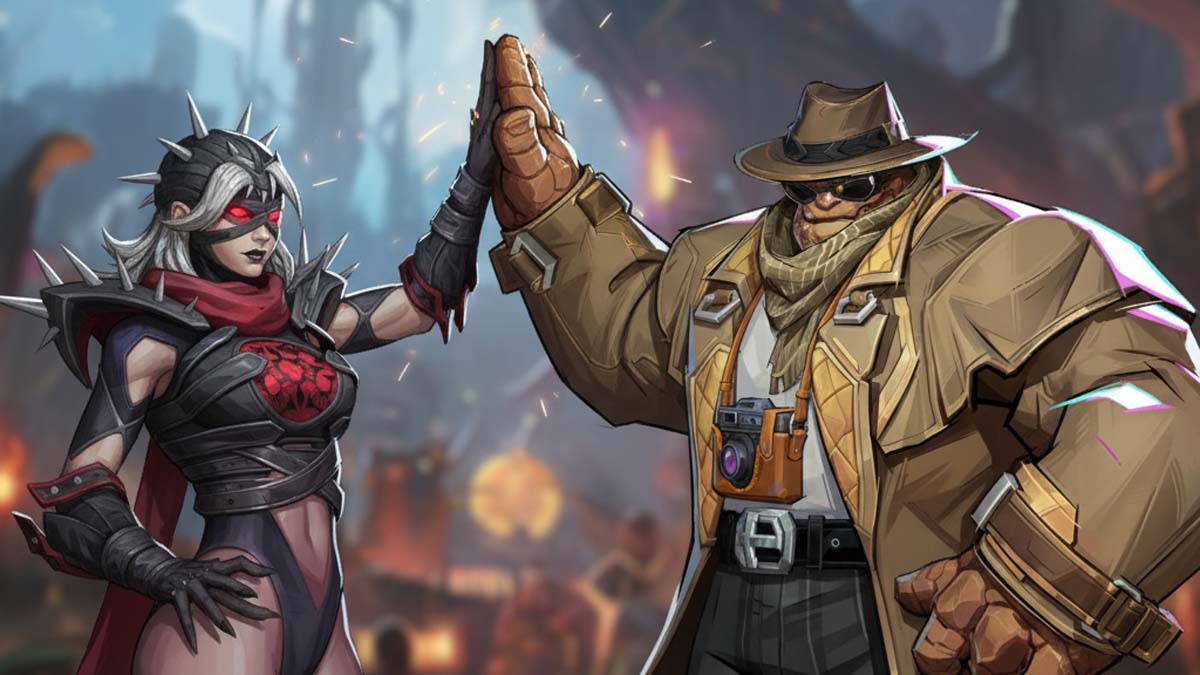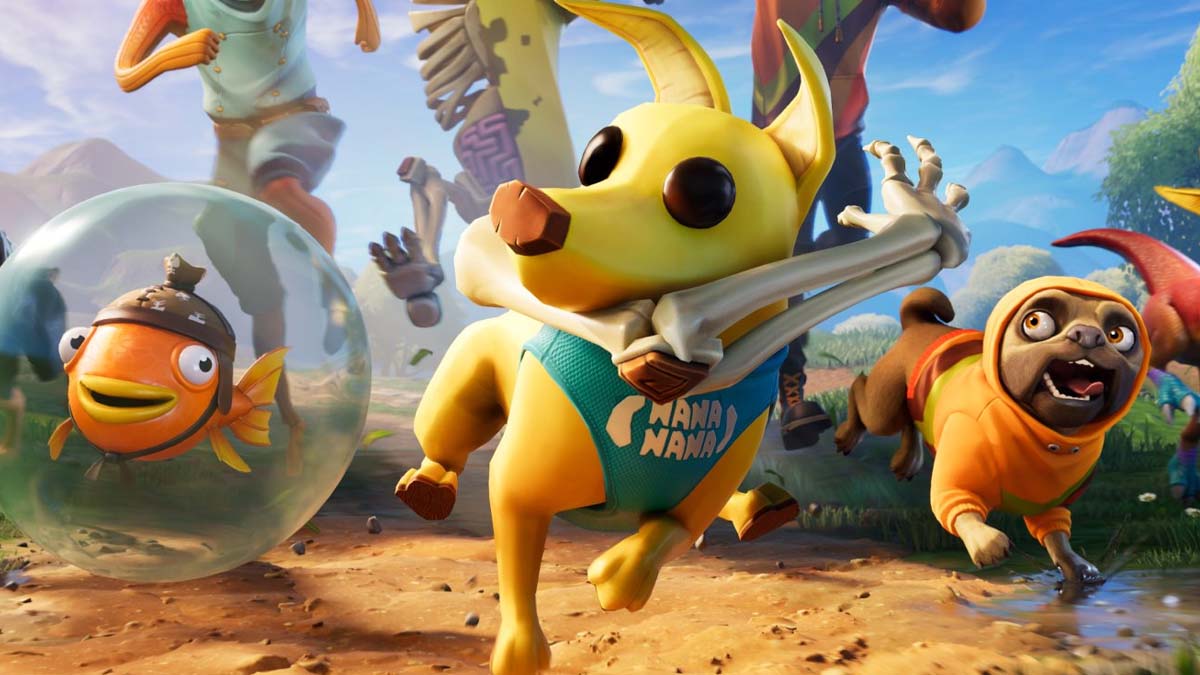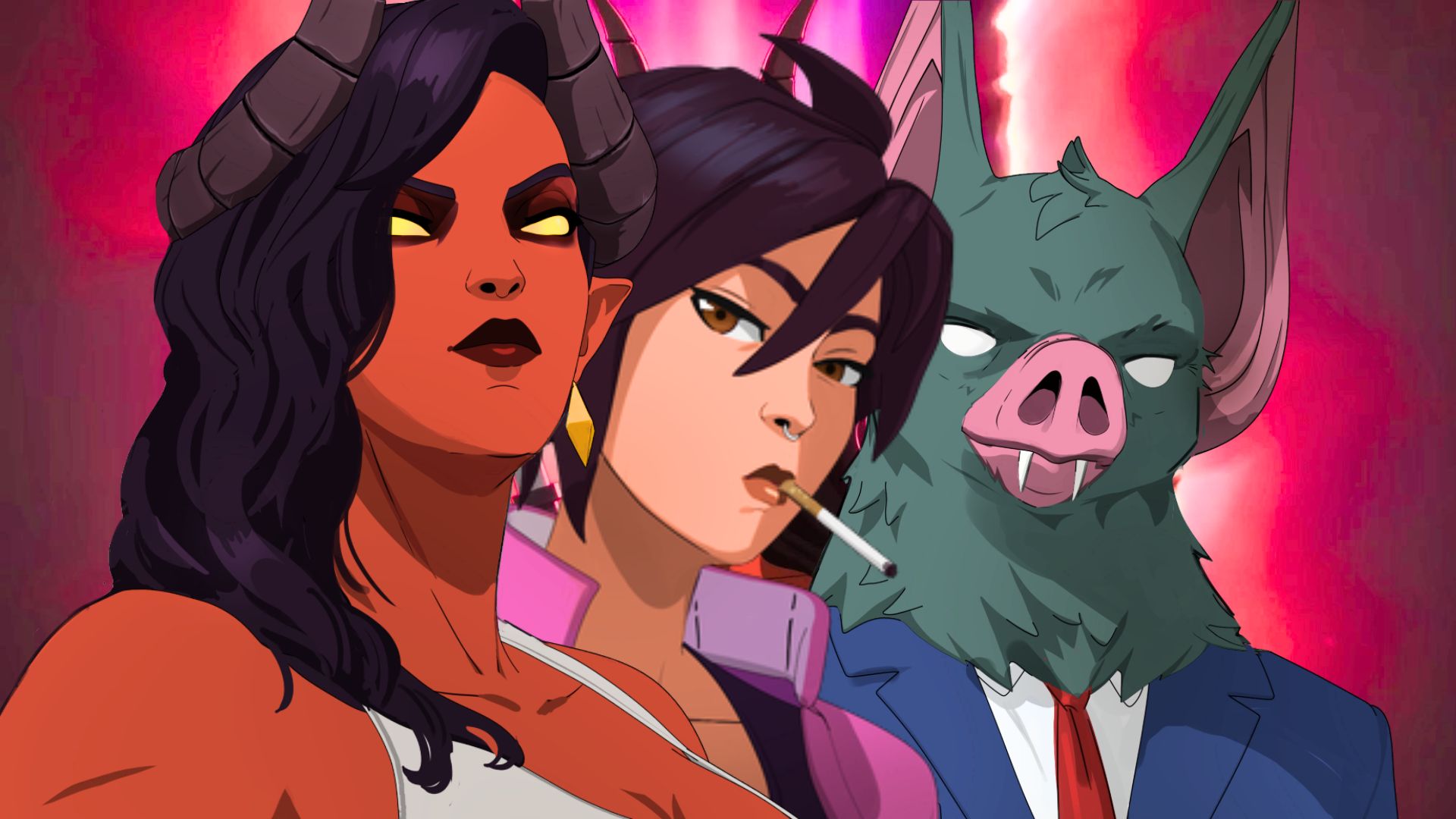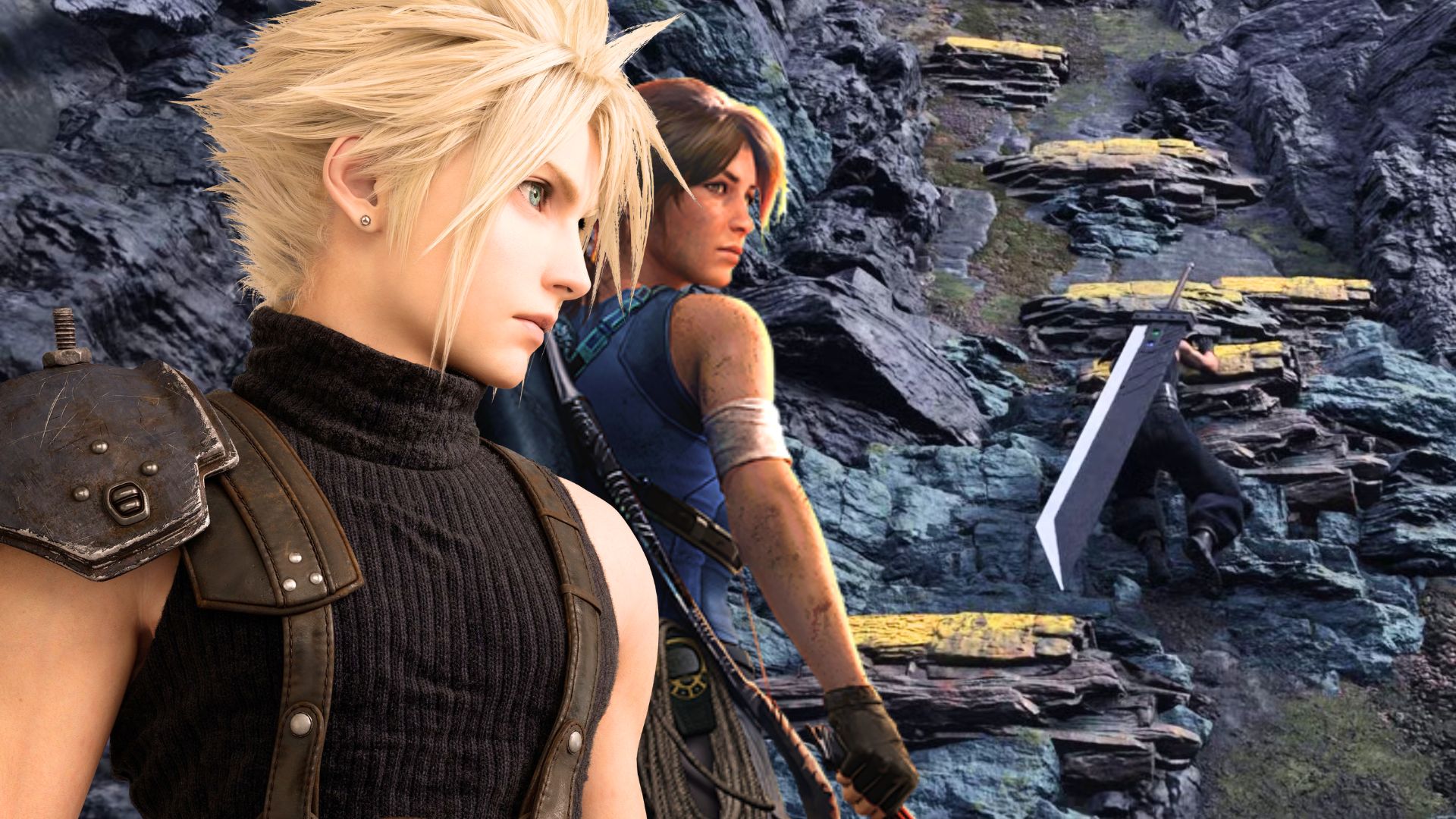You can trust VideoGamer. Our team of gaming experts spend hours testing and reviewing the latest games, to ensure you're reading the most comprehensive guide possible. Rest assured, all imagery and advice is unique and original. Check out how we test and review games here
Macrovision, the world’s leading supplier of content and software management solutions, has announced the results of a gaming piracy study. 6,000 Xbox and PlayStation 2 owners were asked about piracy and the results make for some interesting reading.
According to the report 21% of gamers play pirated games, with almost three quarters of them claiming that they would have bought the game had a pirated version not been available. Of those who play pirated games, 43% of them download over 15 games per year and over 74% of pirated games come from internet websites or peer-to-peer networks. Installing a mod-chip seems to be the favoured way to play pirated games, with 64% of pirate users having a chip installed in their consoles.
“The prevalence of high-speed Internet, and the availability of pirated games on websites and peer-to-peer networks, have made downloading pirated games relatively easy and widespread,” said Steve Weinstein, executive vice president and general manager of Macrovision’s Entertainment Technologies Group. “Game piracy will increase rapidly over the coming months and years as gamers hone their downloading methods and behaviors. As the market leader in game content protection, Macrovision commissioned this study to help the industry better understand the primary sources of ongoing revenue displacement.”
It is worth noting that this survey was conducted online with visitors to a number of game-related websites, so these statistics may not truly reflect the situation across the industry. However, the results are no less worrying. Out of the current home consoles only the Nintendo GameCube has been able to see off pirates, but Nintendo’s handhelds haven’t been as lucky. With the cost of game development increasing all the time and next generation consoles on the horizon, piracy could seriously hurt a number of smaller publishers and put large dents into the bank balance of the big boys.
